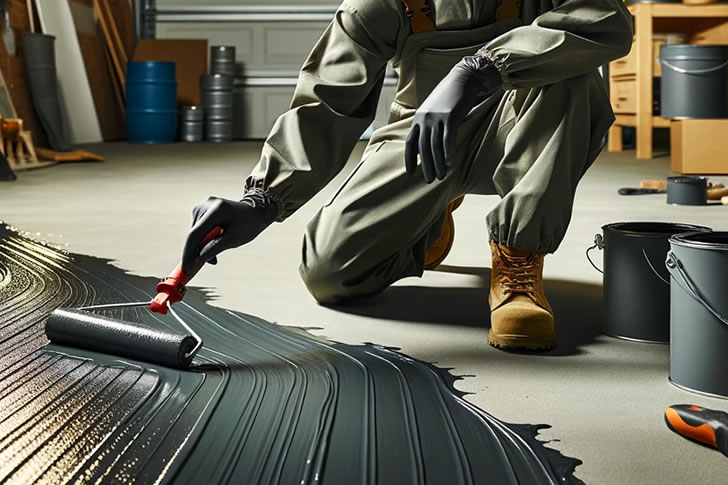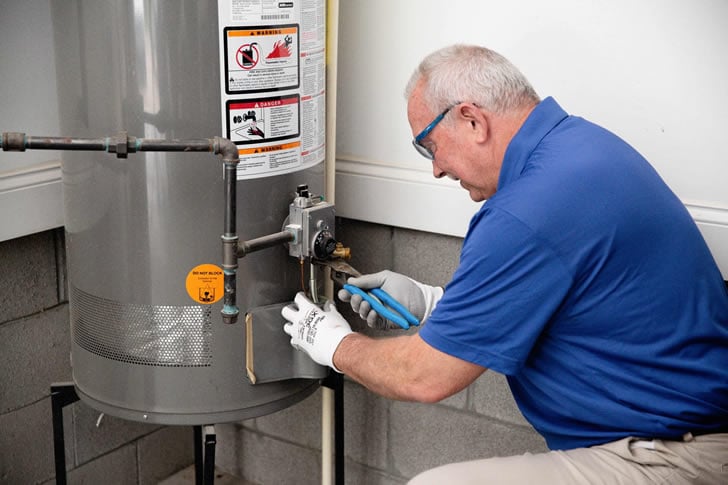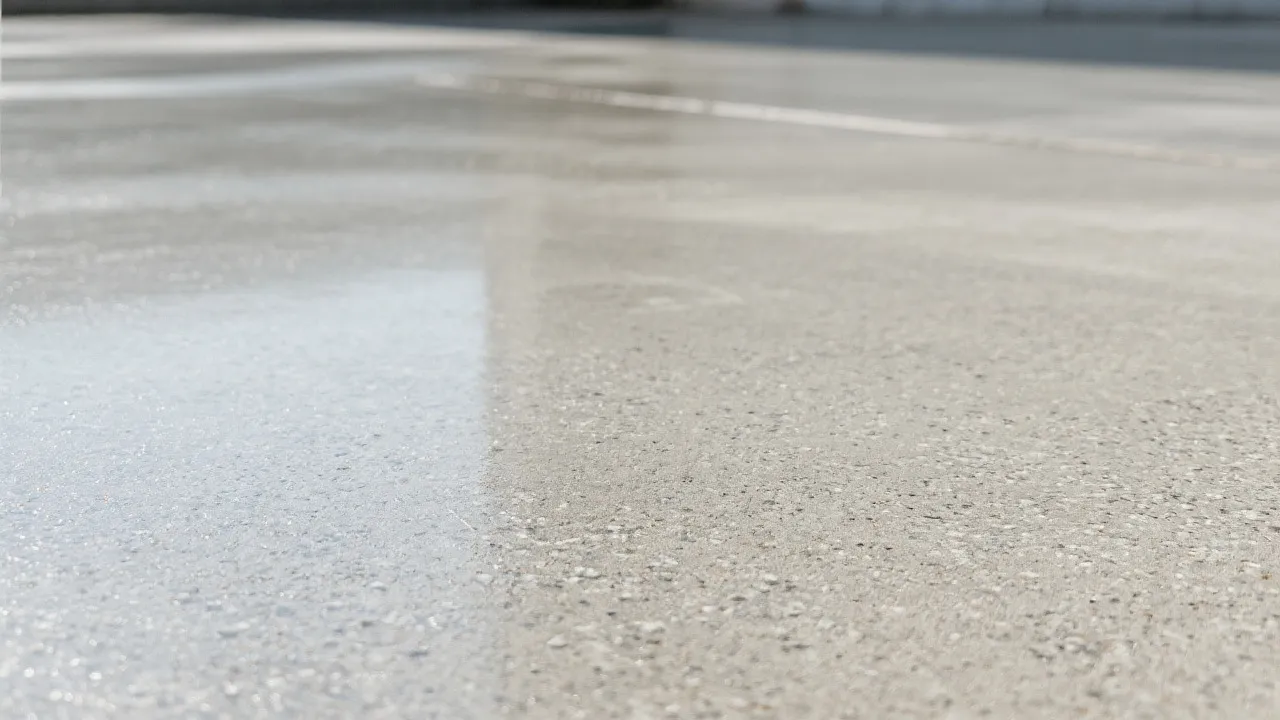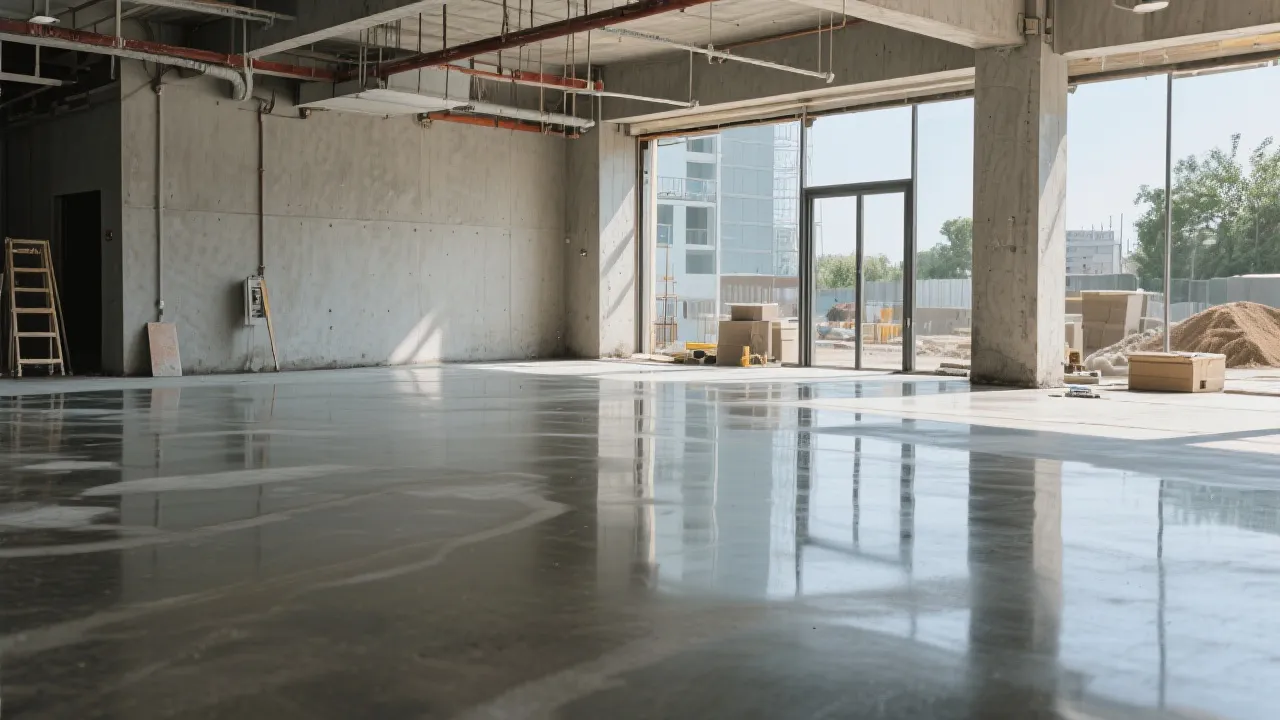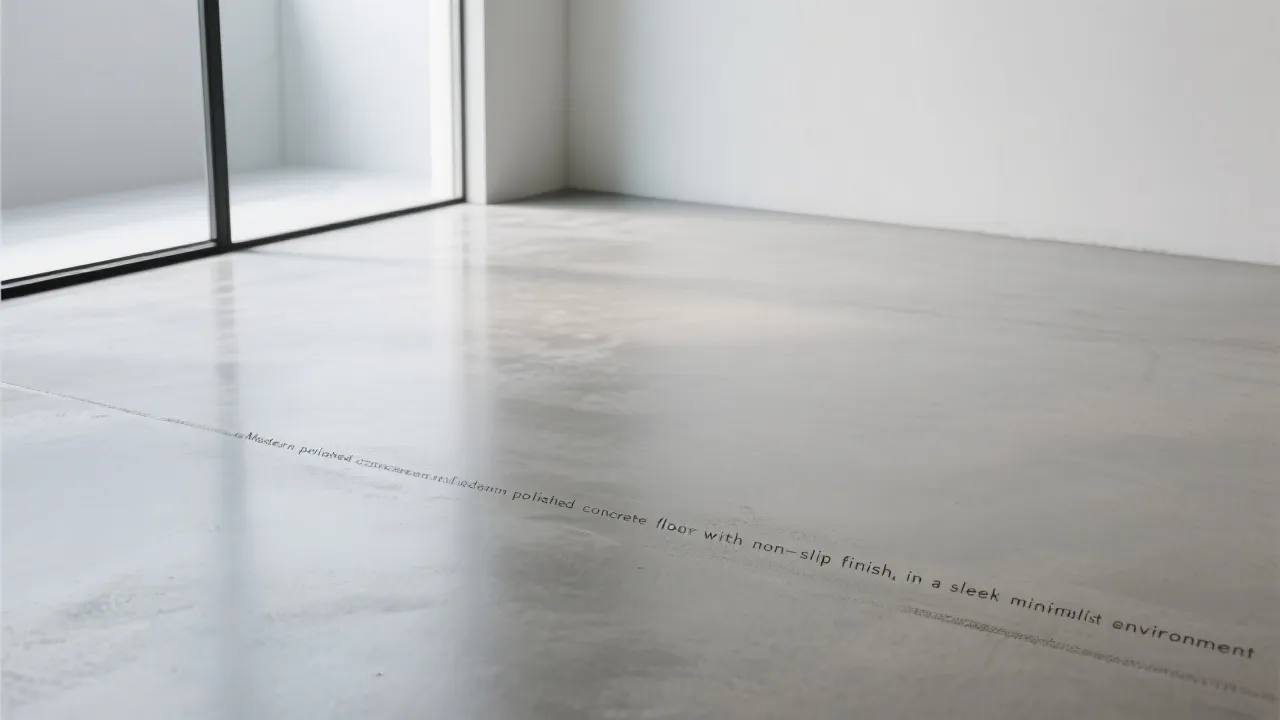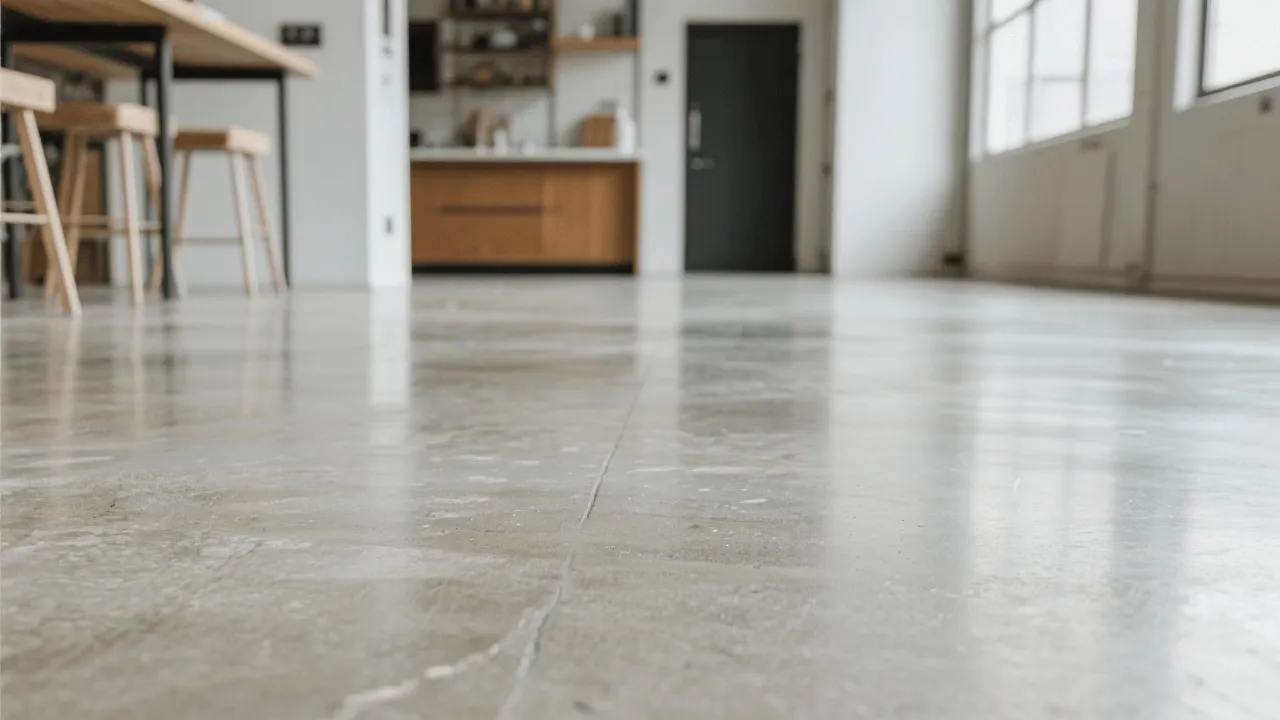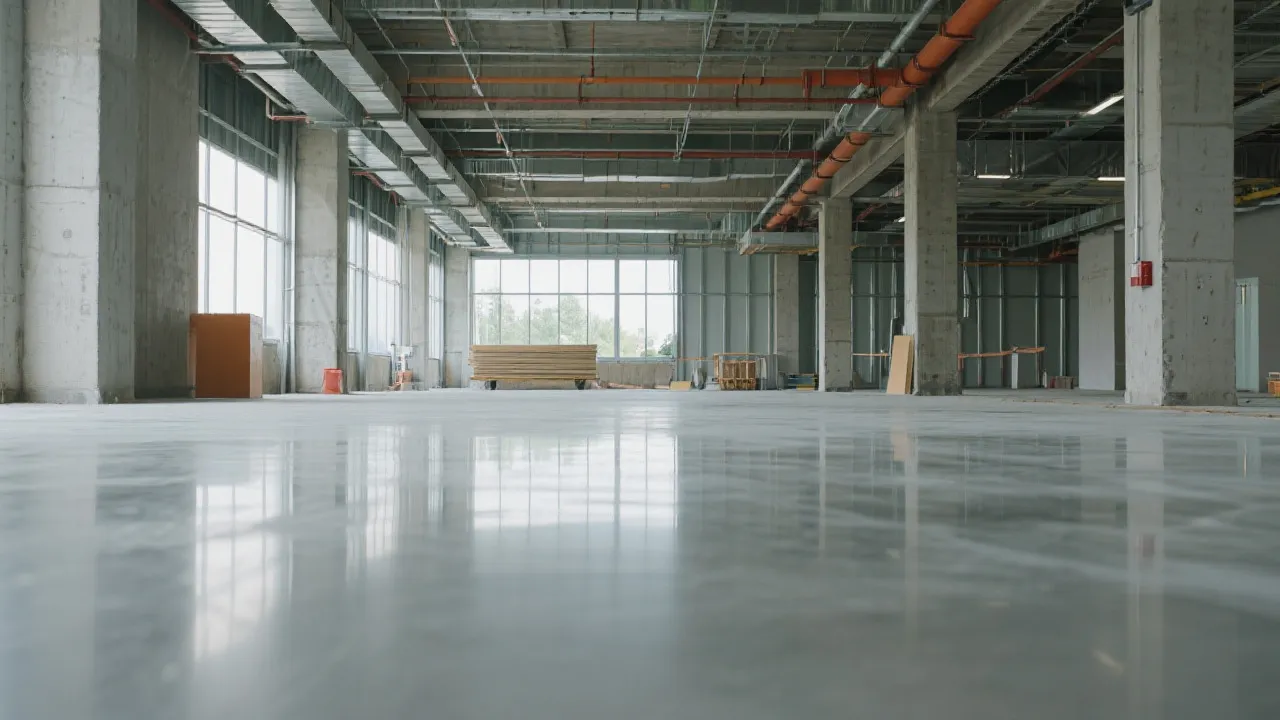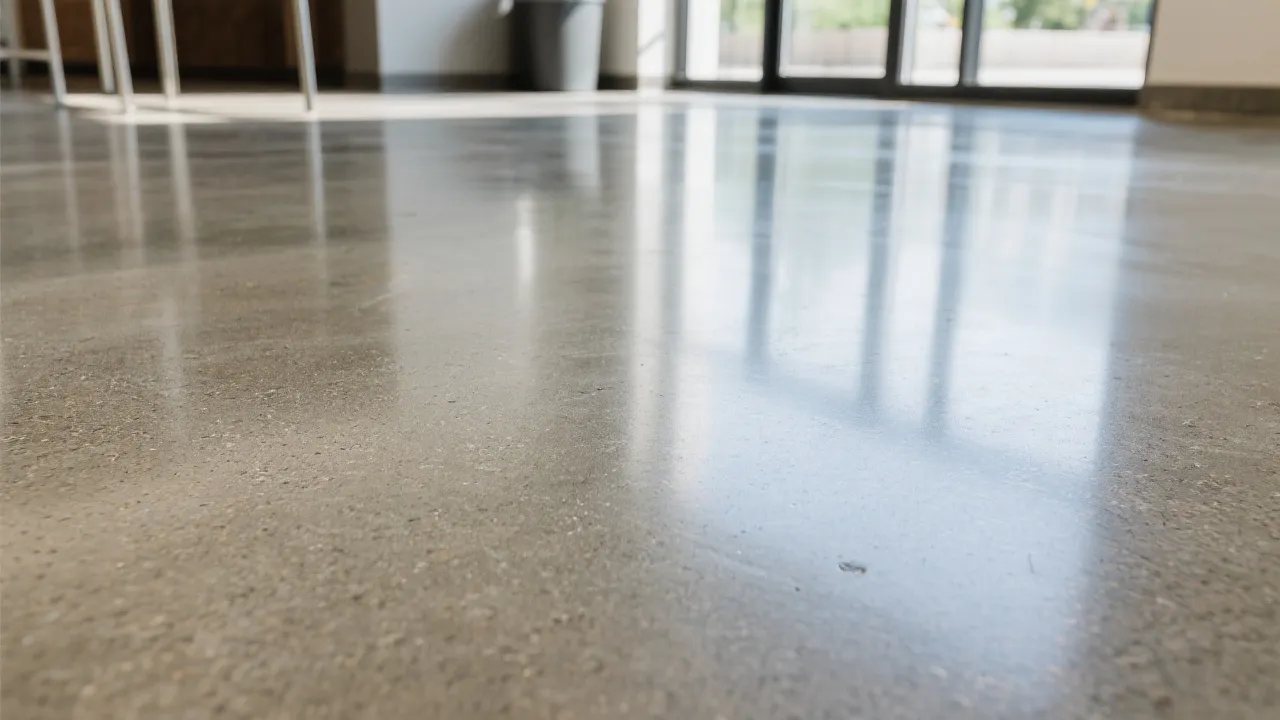Exploring Industrial Flooring Solutions
Industrial Flooring is a critical component in manufacturing and production environments, providing essential support and durability for various industrial activities. These flooring systems are engineered to withstand heavy machinery, chemical spills, and other demanding conditions. Understanding the material options, installation procedures, and maintenance requirements can significantly enhance operational efficiency and safety.
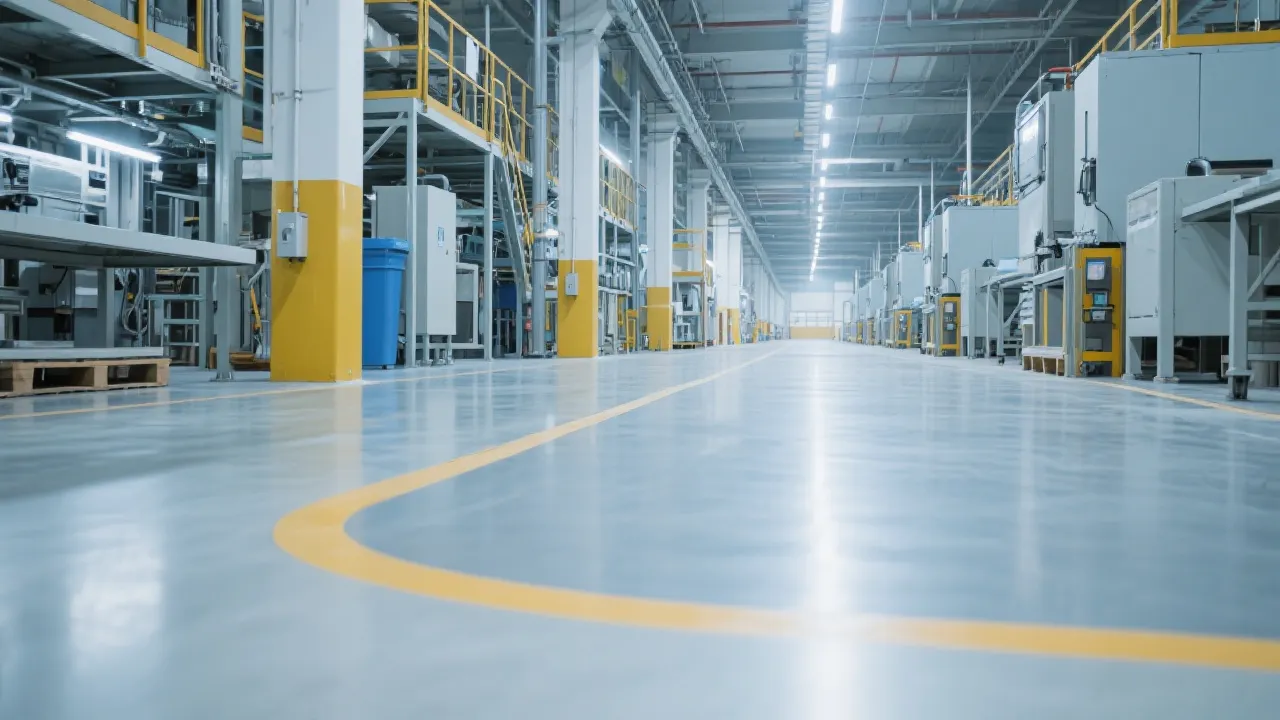
The Importance of Industrial Flooring
Industrial flooring plays a pivotal role in maintaining the structural integrity and safety of any production facility. In environments where heavy machinery operates and rigorous processes take place, the choice of flooring can affect the operational workflow and safety of the facility. Not only does it need to withstand physical stress, but it must also be resistant to wear, chemicals, and extreme temperatures. Furthermore, the right flooring can significantly impact employee comfort and productivity, reduce dust and allergens, and facilitate easier cleaning and maintenance. The importance of industrial flooring extends beyond mere aesthetics; it is a fundamental component of the work environment that can influence overall operational efficiency and safety.
Choosing the appropriate flooring is vital not just for functional reasons, but also for compliance with health and safety regulations, especially in industries like manufacturing, food processing, and pharmaceuticals where cleanliness and safety are paramount. For instance, flooring that reduces slip hazards can prevent accidents and injuries, ultimately leading to lower insurance premiums and reduced liability for employers. In addition, quality flooring can enhance the aesthetic appeal of a facility, creating a more professional appearance which can be crucial when clients or visitors tour the facility.
Types of Industrial Flooring
Several types of industrial flooring are available, each suited to specific needs:
- Concrete Flooring: Known for its strength and durability, concrete is ideal for various industrial environments. It can be enhanced with treatments to improve its chemical resistance and is a preferred choice due to its long lifespan and ability to support heavy loads without cracking. Concrete is also highly customizable, allowing for various finishes and textures to meet aesthetic requirements.
- Epoxy Flooring: Offers a high-gloss finish and is known for its excellent resistance to chemicals and spills. Its seamless surface prevents the absorption of spills, making it especially popular in food processing and manufacturing facilities where cleanliness is crucial. Epoxy flooring also provides a cushioned feel underfoot, which can enhance workplace comfort during long hours of standing.
- Vinyl Flooring: Provides a cost-effective solution with good resistance to foot traffic and easy maintenance, making it ideal for areas requiring frequent cleaning. While vinyl is susceptible to damage from heavy equipment, it offers flexibility and a variety of designs, including patterns that mimic the look of wood or stone. Enhancements like thicker wear layers can be added for increased durability.
- Rubber Flooring: Best for areas requiring additional cushioning and slip resistance, commonly used in gyms, workshops, and laboratories. Rubber flooring is soft underfoot, reducing fatigue for workers who spend long hours standing. Furthermore, it exhibits excellent acoustic properties, helping to minimize noise levels in busy environments.
Installation Considerations
Installing industrial flooring requires careful planning and execution. Key considerations include:
- Surface Preparation: A crucial step to ensure the longevity of the flooring. Proper cleaning and leveling of the base are essential to prevent future issues such as cracking and moisture intrusion. Surface preparation can also involve repairing any existing damage and ensuring that moisture levels are acceptable for the flooring being installed.
- Material Selection: Choosing materials based on the type of operations taking place is critical. For example, facilities that handle corrosive chemicals will significantly benefit from flooring materials with high chemical resistance. Consultation with industry experts can guide the best choice, ensuring the flooring meets both operational and regulatory challenges.
- Professional Installation: Engaging experienced contractors familiar with industrial demands is essential to execute the installation process effectively. Proper installation not only guarantees the performance of flooring but also impacts the warranty coverage; many manufacturers require professional installation to uphold warranty claims.
Maintenance Practices
Proper maintenance extends the life and performance of industrial flooring:
- Regular Cleaning: Utilize appropriate cleaning agents to avoid damaging the floor surface while ensuring hygiene and safety. Different flooring types may require specialized cleaning methods; for instance, epoxy floors may be cleaned with gentle detergents, while rubber flooring might require a different approach to prevent degradation.
- Routine Inspections: Periodic checks for signs of wear, cracks, or damage can prevent small issues from escalating into costly repairs or safety hazards. Establishing a maintenance schedule enables facilities to address problems promptly and reduce downtime.
- Preventive Measures: Implementing safeguards, such as protective coatings or mats in high-traffic zones, can enhance durability and resistance to wear. The application of anti-slip coatings, particularly in areas prone to spills, contributes significantly to workplace safety.
Impact of Flooring on Safety and Productivity
The safety of personnel within an industrial setting is heavily influenced by the type of flooring installed. In environments where workers are on foot for extended periods, such as warehouses or production lines, flooring that provides appropriate traction can prevent slips and falls. Moreover, the choice of flooring can affect the comfort of employees; for instance, flooring that offers shock absorption can reduce fatigue, resulting in improved productivity levels. In addition, a well-chosen flooring solution can filter out dust and allergens, leading to a healthier work environment.
Furthermore, the design of industrial flooring can affect how space is utilized. For example, brighter flooring can enhance worker visibility, which is particularly important in dimly lit environments. Moreover, patterns and colors can be used strategically to delineate different areas within a facility, directing foot traffic and enhancing organization in busy spaces. This intentional design contributes not only to safety but also to the overall efficiency of operations.
Emerging Trends in Industrial Flooring
As technology advances, so do the innovations in industrial flooring. Some of the emerging trends include:
- Sustainable Materials: There is an increasing focus on sustainability in industrial flooring, with materials that minimize environmental impact becoming more popular. Recycled materials and low-emission products are at the forefront of this trend, accommodating businesses looking to reduce their carbon footprint.
- Smart Flooring Solutions: The advent of smart technology is also infiltrating the flooring industry, with intelligent flooring systems equipped with sensors to monitor wear and alert facility managers when maintenance is needed. These innovations can optimize maintenance schedules and further prevent costly damages.
- Customized Aesthetics: With advancements in manufacturing processes, more facilities are customizing their flooring solutions to reflect branding or specific operational needs. Incorporating company logos or unique patterns directly into the flooring not only enhances aesthetics but reinforces company identity.
FAQs on Industrial Flooring
- What is the most durable type of industrial flooring?
Concrete, especially when treated with a protective overlay, is among the most durable options available. However, epoxy can also provide comparable durability in certain environments, particularly when chemical resistance is a priority.
- How long does it take to install industrial flooring?
The installation time varies depending on area size and material choice. For instance, epoxy flooring requires adequate curing time, which may extend the installation period. Generally, planning for several days to a week is a reasonable estimate for most installations.
- Can industrial flooring be customized?
Yes, many flooring solutions can be customized with different finishes, colors, and textures to meet specific operational needs. This customization can create a more visually appealing environment while also implementing functional requirements.
- Are there flooring options that improve air quality?
Some flooring materials are designed to reduce dust accumulation and can help improve indoor air quality. Vinyl and rubber flooring often come with features that minimize dust and allergens in the environment, contributing to a healthier workspace.
- How do I choose the right flooring for my facility?
Evaluate your operational needs, including the type of chemicals handled, weight of equipment, and the nature of foot traffic. Consulting with flooring experts who understand these dynamics will ensure you select the most appropriate flooring solution.
| Flooring Type | Advantages | Best Use Cases |
|---|---|---|
| Concrete | Strong, durable, customizable, low maintenance | Heavy machinery zones, warehouses, manufacturing facilities |
| Epoxy | Resistant, high-gloss, seamless, easy to clean | Food processing, laboratories, retail areas |
| Vinyl | Cost-effective, easy maintenance, versatile design | Areas with foot traffic, light machinery, healthcare settings |
| Rubber | Cushioning, slip resistance, excellent acoustic properties | Workshops, gym facilities, play areas for children |
Conclusion
Choosing the right industrial flooring requires a thorough understanding of the specific demands of your operational environment. By considering the material properties, installation, and maintenance requirements, businesses can significantly enhance their facility's safety and productivity. Consulting with flooring experts can provide valuable insights and help tailor a solution that aligns with both budgetary constraints and operational needs. As the industry evolves, remaining aware of emerging trends and innovations will enable facilities to leverage the best flooring solutions available, ensuring not only compliance with safety standards but also fostering a productive and efficient work environment.

